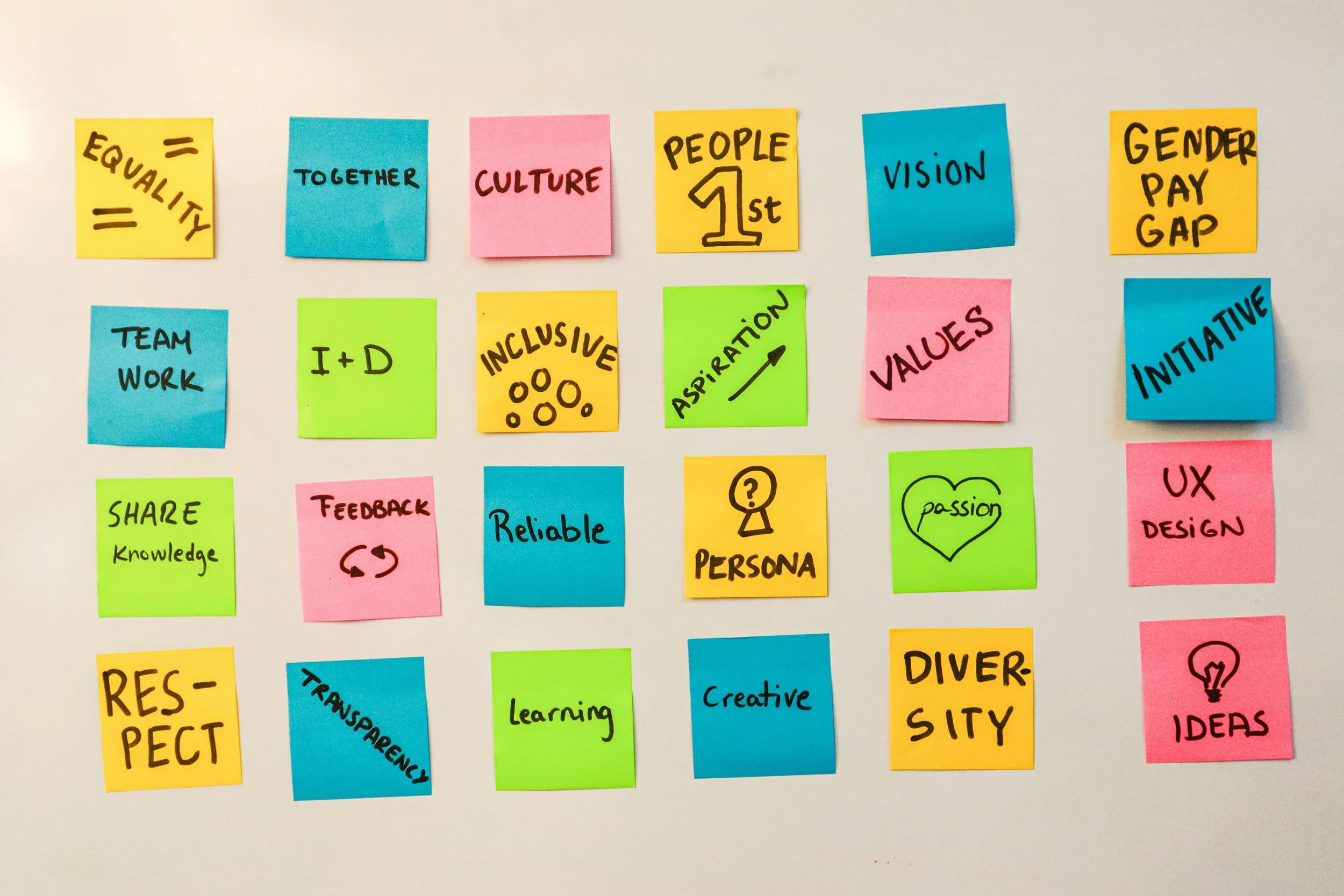Why Company Culture Should Matter to You
Before I transitioned into tech
I spent five years navigating the corporate sector, working across a wide range of businesses. That exposure offered me a front-row seat to a variety of company cultures, some that lifted people up, and others that left them drained.
Company culture, simply put, is the identity of a business. It is the sum of its values, beliefs, behaviours, ethics, and the way people treat one another. It influences how decisions are made, how success is defined, and how people feel showing up each day.
In today’s competitive talent market, most companies know that a strong culture is not optional. It is a core business strategy.
A healthy culture helps attract great talent. It retains it. It motivates people to do their best work. It drives business outcomes. And, ultimately, it shows up on the bottom line.
But what about the other side of the equation?
Why should company culture matter to you, as an employee?
Let me set the scene: I’ve worked in a company where the culture was toxic.
The signs were clear.
Leaders led through intimidation. Mistakes weren’t treated as opportunities to learn, they were used to shame and undermine. Flexibility and work-life balance? Non-existent. And the staff turnover told the rest of the story.
The longer I stayed, the more I noticed a shift. My motivation evaporated. My confidence crumbled. My mental and physical health suffered. I wasn’t just exhausted; I was depleted.
Eventually, I found the courage to leave. That decision changed everything. But more importantly, the experience shaped the way I evaluate every opportunity that comes my way.
Because the truth is: No role, no title, and no salary can make up for a culture that erodes your wellbeing. Since then, I’ve learned that a strong, healthy culture has clear and consistent ingredients. When I assess a new opportunity, I ask myself:
Trust
Do I trust the company’s mission, values, and strategy?
Do I trust that leadership will make decisions in the best interest of both the business and its people?
Do I trust that I’ll be developed, challenged, and supported in a way that helps me grow both professionally and personally?
People
Are the people kind, collaborative, and inclusive?
Do they encourage diversity of thought?
Do they nurture talent and celebrate strengths?
Are they people I can learn from?
Humility
Even the best companies get it wrong sometimes. When mistakes happen, does the organisation take accountability, learn, and adapt — or does it deflect, deny, and repeat?
Empathy & Vulnerability
Is this a place where people can show up as themselves — even on hard days?
Will I be met with understanding, rather than judgement, when I make a mistake or need support?
Does this workplace feel psychologically safe?
Freedom to Learn, Grow & Innovate
Will I be encouraged to think creatively and bring ideas to the table?
Will I have access to mentoring, training, and new challenges that stretch my abilities and sharpen my strengths?
Balance
Does the company respect life outside of work?
Is there genuine flexibility to manage family, friends, health, and self, especially during challenging seasons?
Will I be supported to recharge when I need to, without guilt or resistance?
I learned the hard way that few things impact your career satisfaction more than the environment you work in. You spend a significant part of your life at work; and the culture you join will shape not only your professional success but also your personal wellbeing.
So next time you’re evaluating a job offer or even assessing your current role, look beyond the title and the pay. Ask yourself: Is this a place where I can truly thrive?
Because when you choose the right environment, the rest often falls into place. Curious about whether your next move will lead you to the right culture? Let’s talk.

